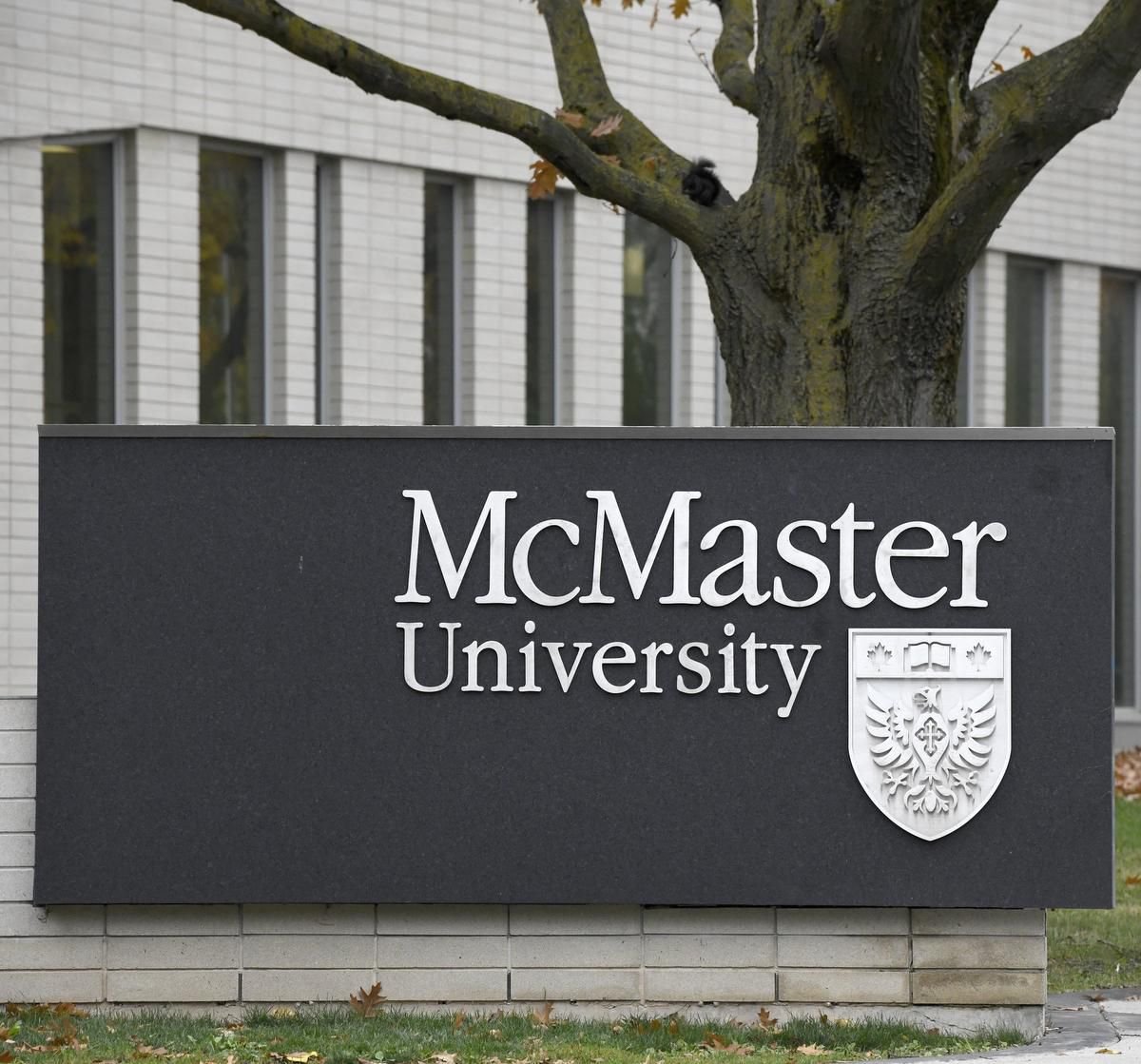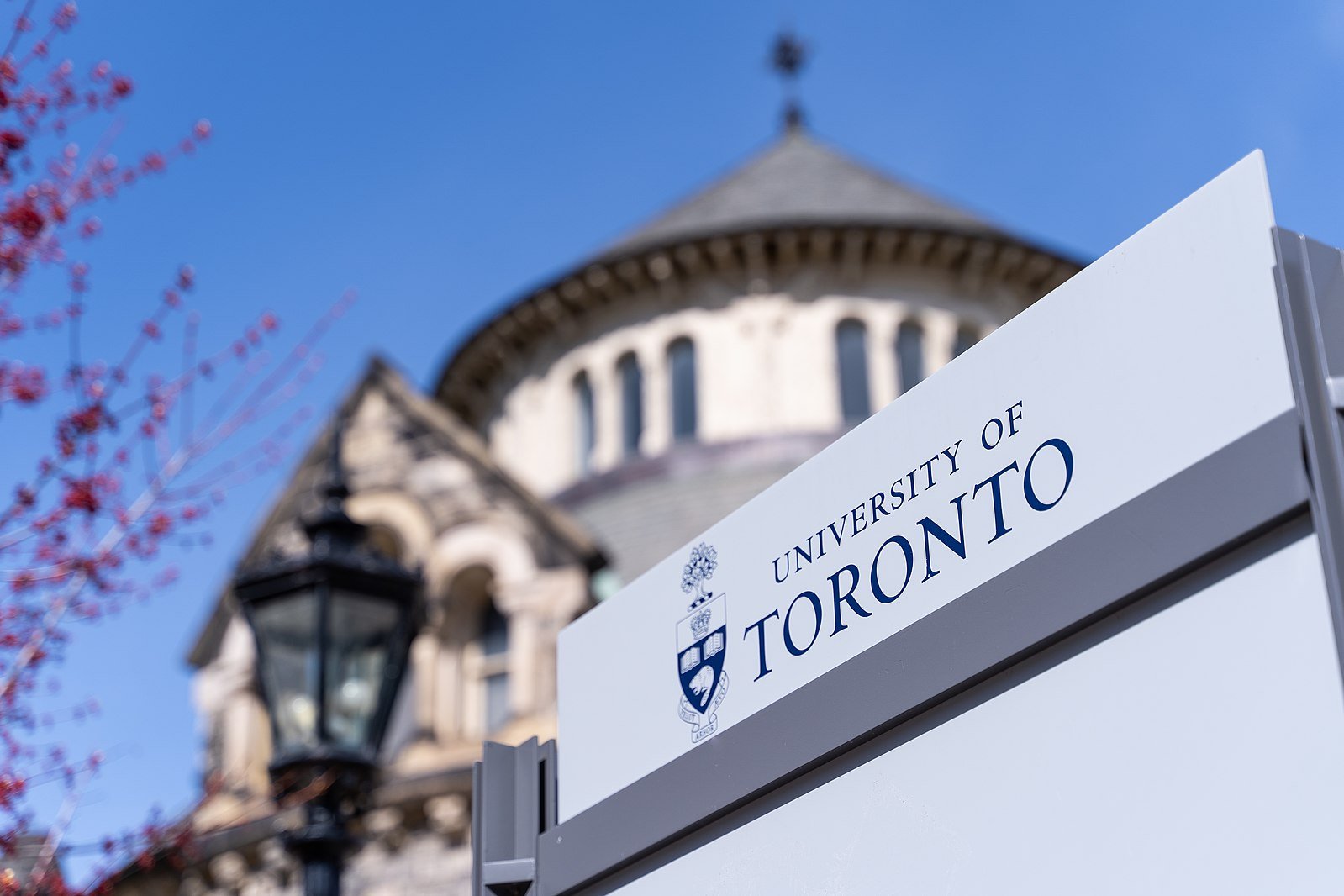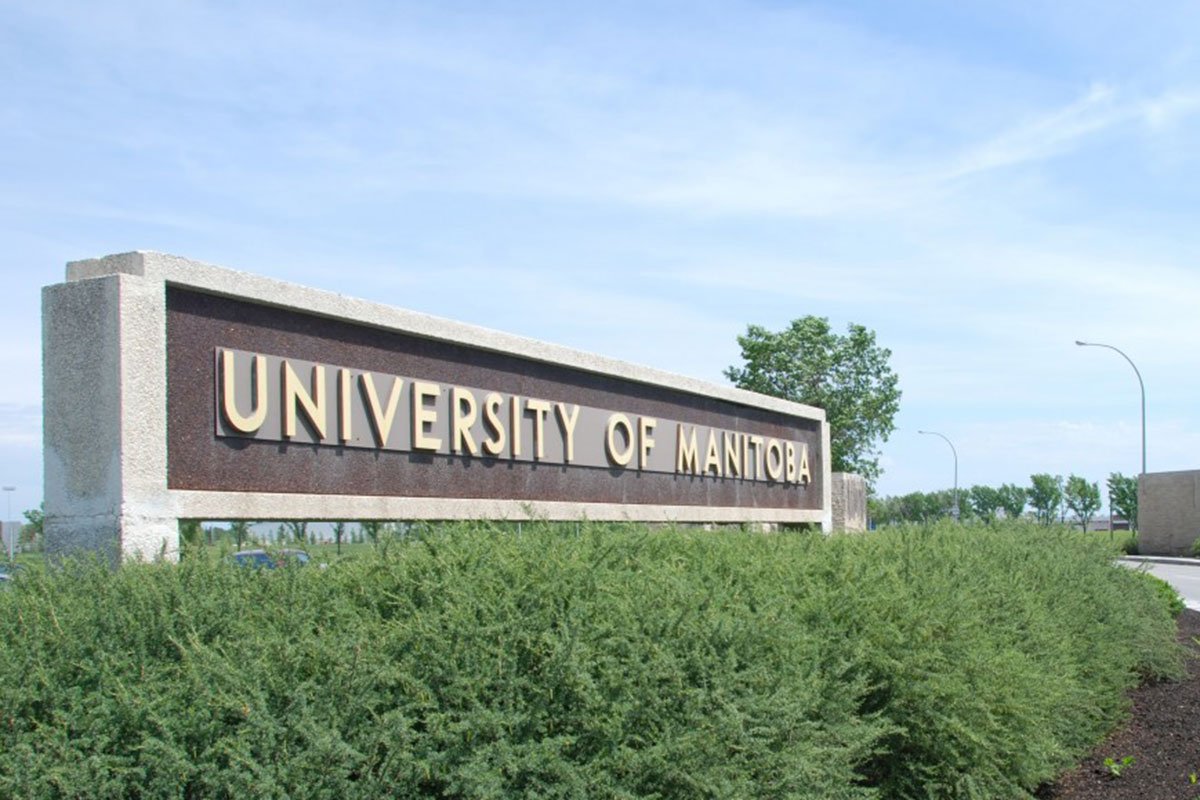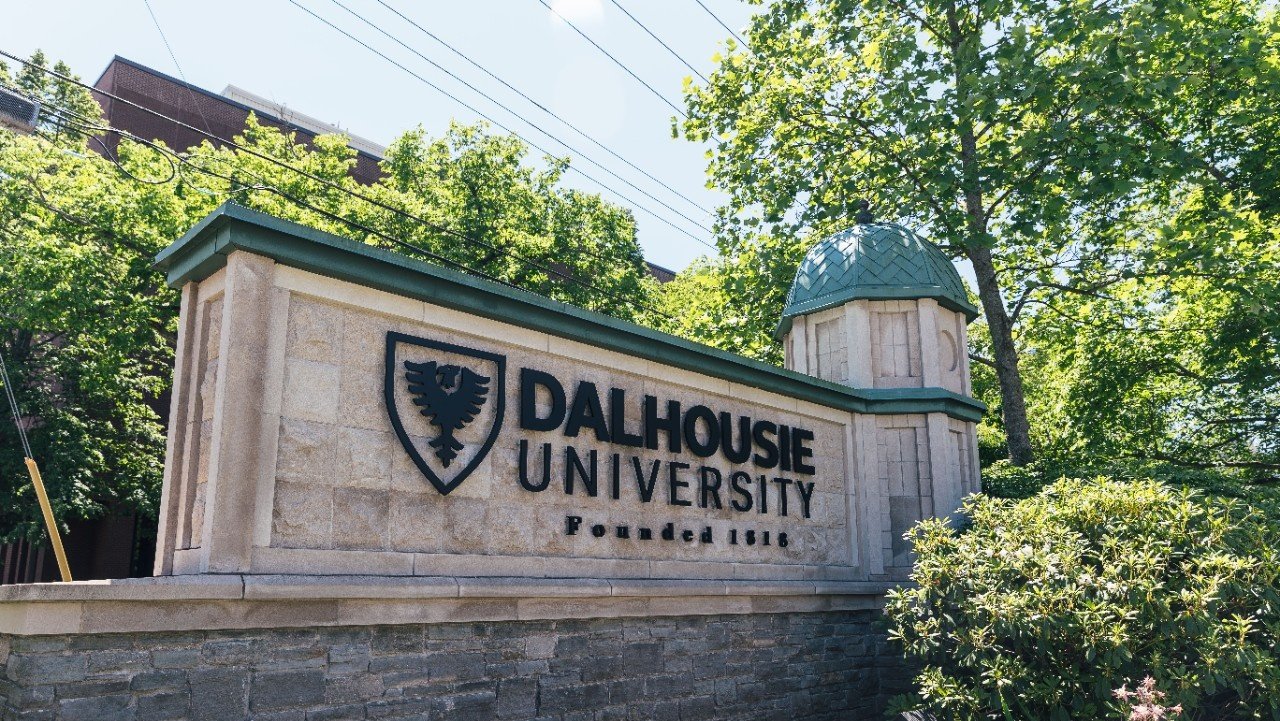
Canadian PA Programs
McMaster University
PA EDUCATION PROGRAM
-
Located in Hamilton, ON
Class size of 53 students (as of class of 2026)
2 year program, full-time, in-person.
Bachelor of Health Sciences in PA Studies (BHScPA) Degree
September start date
-
McMaster University introduced the PA Education Program in 2008. It 24 months, leading to a Bachelor of Health Sciences (Physician Assistant) degree.
Utilizing inquiry and problem-based learning, students develop critical thinking skills, problem-solving abilities, and independence in practice, aligning with the program's mission to create role models in a new healthcare delivery model.
-
The curriculum is divided into two years, with the first focusing on clinical sciences and the second on clinical training.
First Year of PA School
The program, designed for full-time attendance, emphasizes small group problem-based learning modules, inter-professional education, and training. Accredited by EQual of Accreditation Canada, the curriculum includes medical foundations covering clinical sciences, interviewing, examination and reasoning, professional competencies, early clinical exposure, and medical communications.
Second Year of PA School
The second year involves approximately 48 weeks of supervised clinical placements in family medicine, pediatrics, geriatrics, internal medicine, surgery, emergency medicine, and psychiatry.
Placements occur in Hamilton, expanded McMaster campuses, and across Ontario.
PBL at McMaster
Utilizing the Problem-Based Learning (PBL) approach, McMaster fosters a dynamic learning environment, encouraging critical examination of clinical problems and ongoing feedback for comprehensive understanding.
-
The program is exclusively open to Canadian citizens and permanent residents of Canada.
Minimum requirements to apply include:
at least two years of undergraduate study by June
a cumulative GPA of 3.0 on the OMSAS 4.0 scale by February 1st
no specific course or background prerequisites.
-
McMaster PA Live Supplemental Application:
The application process involves submission through the Ontario Universities' Application Centre (OUAC) by January 15, Kira Talent supplementary application completion by end of February and a non-refundable $125 supplementary application assessment fee.
PA School Interview:
Selected applicants will be invited to a virtual Multiple Mini-Interview (MMI) in May. The MMI, pioneered by McMaster in 2002, assesses various aspects, including communication, collaboration, ethics, health policy, critical thinking, and personal qualities.
The innovative MMI approach enhances reliability in evaluating applicants' merits and minimizes the impact of single misrepresentative interactions.
The virtual MMI is supported by the KIRA talent (online) platform, allowing applicants to participate remotely.
Invitations for the MI are sent mid-Aprl.
140+ candidates selected to be invited.
University of Toronto
PA CONSORTIUM
-
Located in Toronto, ON
Class size: 60 students
Duration: 2 year program, full-time
Program Delivery: 1st year mix of in-person and distance education, 2nd year is in-person clinical rotations. No part time options.
Degree: BScPA
Start Date: September
-
Program Info:
The University of Toronto (U of T) offers the Bachelor of Science Physician Assistant degree (BScPA), a full-time second-entry undergraduate program in collaboration with NOSM University and The Michener Institute of Education at UHN. The program is administered by the Consortium of PA Education, focusing on academic excellence, simulations, interprofessional education, and diverse clinical placements.
The BScPA program is designed to meet the competencies outlined by the Canadian Association of Physician Assistants (CAPA) and aims to equip graduates with the skills needed for a sustainable Canadian Physician Assistant profession. The program is socially accountable, particularly to rural and underserved communities.
-
The curriculum integrates online learning with mandatory in-person classes in Toronto for skills development, interprofessional education, and assessments.
The program spans six semesters (24 months), with the first year focused on academics and the second year on clinical education.
Year 1 involves online courses, synchronous/asynchronous learning, and two mandatory in-person campus blocks.
Year 2 includes 44 weeks of supervised clinical contact in rural and urban settings, with mandatory in-person campus blocks in Toronto.
Clinical practicum is split between Southern and Northern Ontario, and students are encouraged to remain in their home community for much of the program.
The program discourages employment during enrollment and does not allow advanced standing or transfers.
-
Requirements to Apply
Must be Canadian Citizen or PR of Canada
~2 years of undergraduate university education
Minimum 3.0 out of 4.0 GPA on OMSS scale (All coursework is considered in GPA calculation)
350 hours of health care experience required (all forms considered - employment, clinical placements, volunteer work).
-
Step One: University of Toronto Online Application (OUAC)
Deadline: January 17, 2024 (11:59 PM EST)
New applicants create an OUAC account, select BScPA Program.
Previously registered U of T students use internal application.
Application fee: $156 + $90 + transcript fees payable to OUAC.
Step Two: Enable Your JOINid
Applicants receive JOINid and UofT applicant number after Step One.
Enable JOINid to access the join.utoronto.ca admissions portal.
Monitor application status online via the join.utoronto.ca portal.
Step Three: Transcripts and Proof of English Language Proficiency
Deadline: February 1 (11:59 PM EST)
Submit transcripts and required documents to U of T Admissions.
Electronic submission preferred; out-of-province applicants may upload unofficial copies.
Notarized translations for non-English/French documents.
English facility proof required if first language is not English.
Step Four A: Supplemental Application
Deadline: February 1 (11:59 PM EST)
Link sent to applicants ten days after U of T applicant number is received.
Submit original work; plagiarism checks performed.
Application fee: $142.95 (non-refundable).
Step Four B: Applicant Reference Form
Deadline: February 1 (11:59 PM EST)
Applicants secure three referees; provide UofT Applicant Number.
Referees complete online form with specific requirements.
Referees not accepted: family, personal friends; must have known applicant for at least 3 months.
Step Five: Virtual Multiple Mini Interview (vMMI)
Invitation-only in mid-April 2024 (exact dates to be confirmed).
Assesses communication skills, cultural sensitivity, empathy, and leadership qualities.
Virtual platform, no need to travel to Toronto.
Invitations sent approximately 2 weeks before vMMI date.
Alternate arrangements for Canadian Forces personnel outside Canada.
Acceptance
Offers released in May 2024 (exact date TBD) by U of T, McMaster, and University of Manitoba.
Conditional acceptance possible.
Applicants notified by email if placed on wait-list.
University of Manitoba
MASTER OF PA STUDIES
-
Located in Winnipeg, Manitoba
Class size of 15 students
2 year program (~25 months), full-time, requires completion of a capstone project
Confers a Master in PA Studies (MPAS) degree
August 28 start date
-
The University of Manitoba offers a graduate-level Physician Assistant (PA) educational program leading to a Master of Physician Assistant Studies (MPAS) degree.
The program spans 96 weeks and is nationally accredited, preparing medical generalists for various clinical environments, including primary health care, specialty practices, consulting, and hospital-based roles.
This program aims to produce well-rounded Physician Assistants capable of contributing to community service, wellness, and healing. The curriculum integrates classroom education with extensive clinical training, preparing students for the national certification exam and licensure in Manitoba.
The program has maintained national accreditation since 2010, and as of 2021, it is accredited by Accreditation Canada. Graduates of nationally accredited physician assistant programs, including the MPAS program, are recognized by the Physician Assistant Certification Council of Canada (PACCC) as eligible for entry to the physician assistant certification examination, contingent on ongoing compliance with accreditation requirements. The emphasis on reflective medicine underscores the program's dedication to placing the patient first and continually striving to enhance access to high-quality medical care.
-
Academic first year takes place with in a classroom, small group, and self-study components.
Followed by 13 months of clinical rotations in various medical and surgical settings in Manitoba.
Assessments:
Includes comprehensive exams, clinical rotations, and a capstone project.
Coursework:
A range of courses covering physiology, anatomy, professional studies, biochemistry, research, genetics, pediatrics, obstetrics and gynecology, patient assessment, adult medicine, surgery, psychiatry, emergency and critical care, and more.
-
The admission requirements for the Master of Physician Assistant Studies (MPAS) program at the University of Manitoba are as follows:
Open to Canadian Citizens or Permanent Residents
Four-year bachelor's degree from recognized colleges or universities.
Minimum Grade Point Average (GPA) of 3.0 in the most recent 60-credit hours of study (full time or part-time study), with a GPA of 3.5 or better being competitive.
Completion of required courses from an accredited university or college:
Human Anatomy
Human Physiology
Biochemistry.
Additional undergraduate level asset courses in Microbiology and Psychology are recommended, each requiring at least three credit hours.
These requirements ensure that candidates are well-prepared and qualified to pursue graduate-level education in the physician assistant program at the University of Manitoba.
-
The Master of Physician Assistant Studies (MPAS) program at the University of Manitoba accepts applications for Fall entry only. The application process is online and includes the following components:
Application Fee:
A non-refundable $125 application fee.
Documentation:
CV/Resumé
Statement of Intent
Self-declaration Statement
Completion of TakeAltus (CASPer) test by the application deadline
Unofficial copies of transcripts and degree certificates
Two letters of recommendation (requested within the application)
Application Deadlines:
Applications are reviewed by the Admissions committee for Physician Assistant Studies in April.
Applications open up to 18 months prior to the start term.
For Fall (September): start, deadline is January 15
Offers of Admission
Offers of admission are released to successful applicants in May. This aligns with the University of Toronto BScPA Program and McMaster University Physician Assistant Education Program, facilitating a coordinated decision-making process.
Dalhousie University
MASTER OF PA STUDIES
-
Located in Halifax, Nova Scotia
Class size of 24 students
Priority for Residents: Nova Scotia residents are prioritized, followed by Atlantic Canadian applicants. Applicants outside of these provinces are not considered.
2 year program (~25 months), full-time, in-person
Confers a Master in PA Studies (MPAS) degree
January Start Date
-
The Master of Physician Assistant Studies (MPAS) program at Dalhousie University offers a comprehensive two-year curriculum focused on clinical medicine, patient assessment, and various medical disciplines. Students gain practical experience through clinical rotations in primary care, surgical services, psychiatric services, and emergency departments.
The program, unique in the Maritime Provinces, aims to increase healthcare access in Nova Scotia. Graduates are eligible for the National Certification Exam, and the curriculum supports a smooth transition from student to healthcare professional.
The MPAS program is approved by Dalhousie Senate and the Maritime Provinces Higher Education Commission.
-
The MPAS (Master of Physician Assistant Studies) curriculum at Dalhousie University is a two-year, intensive program designed to prepare students for a career as a physician assistant.
The curriculum is structured to cover foundational medical knowledge, clinical skills, professional competencies, and hands-on clinical rotations.
Year I: Building on Knowledge
The first year focuses on building on the knowledge and competencies acquired during the students' relevant undergraduate studies. Key components of Year I include:
Medical Foundations (MPAS 5110, 5120, 5130): Covering basic medical sciences, including anatomy, physiology, pharmacology, immunology, and pathology.
Skilled Clinician (MPAS 5210, 5220, 5230): Integrating clinical skills training, such as history and physical examinations, communication skills, medical ethics, and social determinants of health.
Professional Competencies (MPAS 5310, 5320, 5330)
Research in Medicine Seminar (MPAS 6400) - Spans Year I and II, culminating in a final research project due at the end of Year II
Interprofessional Health Education (MPAS 5900)
Year II: Clerkship
The second year involves a full year (48 weeks) of clinical rotations in various medical specialties , allowing students to gain practical, hands-on experience.
The clinical rotations include:
Family Medicine
Emergency Medicine
Internal Medicine
General Surgery
Obstetrics and Gynecology
Pediatrics
Geriatrics
Psychiatry
Elective Rotations
Students work under the direction and assessment of faculty members, including physicians, physician assistants, or other interprofessional team members.
-
Admission Requirements for Dalhousie's MPAS Program are as follows:
Residency Requirements:
Nova Scotia residents are prioritized during the application process.
If seats are not filled by Nova Scotian candidates, Atlantic Canadian applicants will be considered.
Applicants from outside the Atlantic Provinces and non-permanent residents are not considered.
Academic Requirements:
4 year undergraduate degree or a graduate degree from a recognized, accredited university
Transcripts should show 90-120 earned credit hours for the undergraduate degree.
Graduate degrees are accepted, but applicants must provide unofficial transcripts for both undergraduate and graduate degrees.
GPA requirement:
Minimum GPA of 3.0 (on a 4.0 scale) or B average.
GPA calculated using the last 60 credit hours of study.
Up to 15 credit hours from graduate degrees can be applied in GPA calculation.
Pass/Fail grades cannot be used in GPA calculation.
Pre-requisite Courses:
All applicants must have completed undergraduate-level courses in Anatomy, Biochemistry, and Physiology from a recognized, accredited university.
Pass/Fail grades for pre-requisites are accepted.
Conditional admission is offered to applicants enrolled in pre-requisite courses, contingent upon successful completion by July 31 of the application year.
Changes to Admission Requirements:
Admissions requirements are reviewed annually, and updates may occur.
Applicants are advised to monitor the website for up-to-date information.
-
Application Deadlines for January 2025 Start:
February 2, 2024 (Section 1): Online application opens; $115 application fee required.
February 9, 2024 (Section 2): Online application opens after completing Section 1.
March 15, 2024 (Section 1): Online application closes at 11:59 PM AST.
March 22, 2024 (Section 2): Online application closes at 11:59 PM AST (excluding reference letters).
May 2024: Interview invitations distributed via email.
May 10, 2024 (Section 2): Deadline for reference letters.
May 11, 2024: Admissions interviews conducted on a virtual platform.
June 2024: Decision letters distributed via email by the Registrar’s Office.
Reference Letters:
Applicants need two reference letters, preferably from academics, but exceptions are made based on academic history. Those who completed their degree within the past three years should provide two academic references, while those three to five years post-graduation may have a mix of academic and professional references. For applicants beyond five years post-graduation, two relevant professional references or a combination of academic and professional references are accepted. International applicants must submit course-by-course transcripts via World Education Services (WES).
CASPer Assessment:
The application process also includes a mandatory CASPer assessment, evaluating non-cognitive skills and interpersonal characteristics. CASPer aims to enhance fairness and objectivity in the selection process.
University of Calgary
MASTER OF PA STUDIES
-
Located in Calgary, Alberta.
Class size of 20 students
2 year program , full-time
Confers a Master in PA Studies (MPAS) degree
Late August start date
-
The University of Calgary offers a two-year, full-time Master of Physician Assistant Studies (MPAS) program aimed at preparing generalist medical providers. This program readies students for national certification and eligibility for registration with the College of Physicians & Surgeons of Alberta. It incorporates the CanMEDS-PA and EPA-PA Competency Frameworks, focusing on competency-based education to ensure readiness for clinical practice.
-
1st year of PA School
The curriculum is structured around three core courses in the first year: PA Fundamentals, Foundations of Practice, and Clinical Skills, providing a foundation in clinical knowledge, ethical patient care, and practical skills.
2nd Year of PA School
The second year is dedicated to immersive clinical experiences across various specialties (family medicine, internal medicine, pediatrics surgery) and alongside 2 four week elective rotations and a continuing Foundations of Practice component, with an emphasis on serving non-urban communities to encourage practice in these areas post-graduation.
Program Delivery & Assessments
Educational strategies include diverse teaching methods, from large and small group sessions to hands-on training and simulations, underpinning a competency-based assessment philosophy that emphasizes ongoing skill development and practical application.
Research Opportunities
Opportunities for research and scholarly projects are available for students, depending on their fit with the program's objectives and availability.
-
Admission Requirements
The admissions requirements for the Master of Physician Assistant Studies program at the University of Calgary include:
Canadian citizenship, permanent residency, or refugee status. International students are not considered.
A four-year baccalaureate degree. Applicants in their final year of study may apply.
Minimum GPA of 3.20 (on the Calgary GPA scale)
English Language Proficiency for non-native speakers.
Prior client-facing healthcare experience.
Two references
A personal essay of 500 words.
Admission Prerequisites
Prerequisites include:
Courses in human anatomy (3.0 units)
Human physiology course (3.0 units)
An Indigenous education course
Completion of the Casper® assessment.
Meeting these criteria does not guarantee acceptance, as applicants are evaluated holistically.
-
Application Deadlines
Application Deadline TBD (dependent on program approval from government).
The application portal is expected to be open mid-March 2024
MPAS Application Process
The admissions process for the Master of Physician Assistant Studies (MPAS) program involves several steps:
Application Submission: Candidates must fill out and submit an online application along with necessary documents (transcripts, references, Casper test scores and personal,sta ement)such as academic transcripts from all post-secondary institutions attended, and a non-refundable application fee.
Administrative Review: Initially, the MPAS Program office reviews applications for completeness and basic eligibility.
Evaluation and Ranking: The Admissions Committee evaluates and ranks applications based on the submitted materials.
Shortlisting for Interview: Applicants with high rankings are invited to interviews.
Interviews: Selected candidates undergo interviews, a critical part of the selection process. The interview is virtual, and the format will be revealed to candidates who have been invited to the interview.
Final Decision: Based on the interviews, the admissions committee makes the final decisions on admission offers to candidates.
University of Saskatchewan
MASTER OF PA STUDIES
-
Located in Saskatoon, SK
Class size of 20 students
2 year program , full-time
Confers a Master in PA Studies (MPAS) degree
PA Program launching Fall 2025
-
A four-year undergraduate degree or equivalent from a recognized college or university, completed before starting the program.
At least two years of your undergraduate degree must have a full course load (30 credit units per year), with one of these years being within your last sixty credit units. Exceptions may be considered.
GPA: A cumulative average of at least 75% in the last two years of your studies on the USaskatchewan GPA scale)
Must be a Canadian citizen or permanent resident.
Proof of English proficiency if required:
Either 3 consecutive years of full-time study or a graduate degree where English was the main language.
Or an approved English language proficiency test.
Completion of 3 credit units in each of these areas with a minimum grade of 75%:
Indigenous Studies
Human Anatomy
Human Physiology
Additional recommended (but not required) courses: biochemistry, microbiology, genetics, psychology, and statistics.
Frequently Asked Questions
-
As long as you have graduated from an accredited Canadian or American PA program then you can apply for the same jobs (whether Bachelor's or Masters of PA Studies).
I'd recommend applying to all Canadian PA programs to maximize your chances of being accepted into a PA Program.
There are no differences in salary/compensation for PAs who hold a Canadian Bachelors or Masters PA degree.
-
Class sizes are usually funded by the provincial government. In Ontario for example, class sizes are determined by the Ontario Ministry Training for Colleges and University, not the PA programs themselves.
-
Masters PA programs require a 4 year Bachelor’s Degree to apply.
Only the University of Manitoba’s PA program has required courses you must take before applying.
For tips, read Undergrad Courses to take for Canadian PA Admissions.
-
No, Canadian PA degrees are not recognized in the United States. Graduates from Canadian PA programs can only practice in Canada. Graduates from American PA programs can practice in both Canada and the United States.
PA Admission Requirements
See a side-by-side comparison of PA Admission Requirements for PA programs in Canada.







